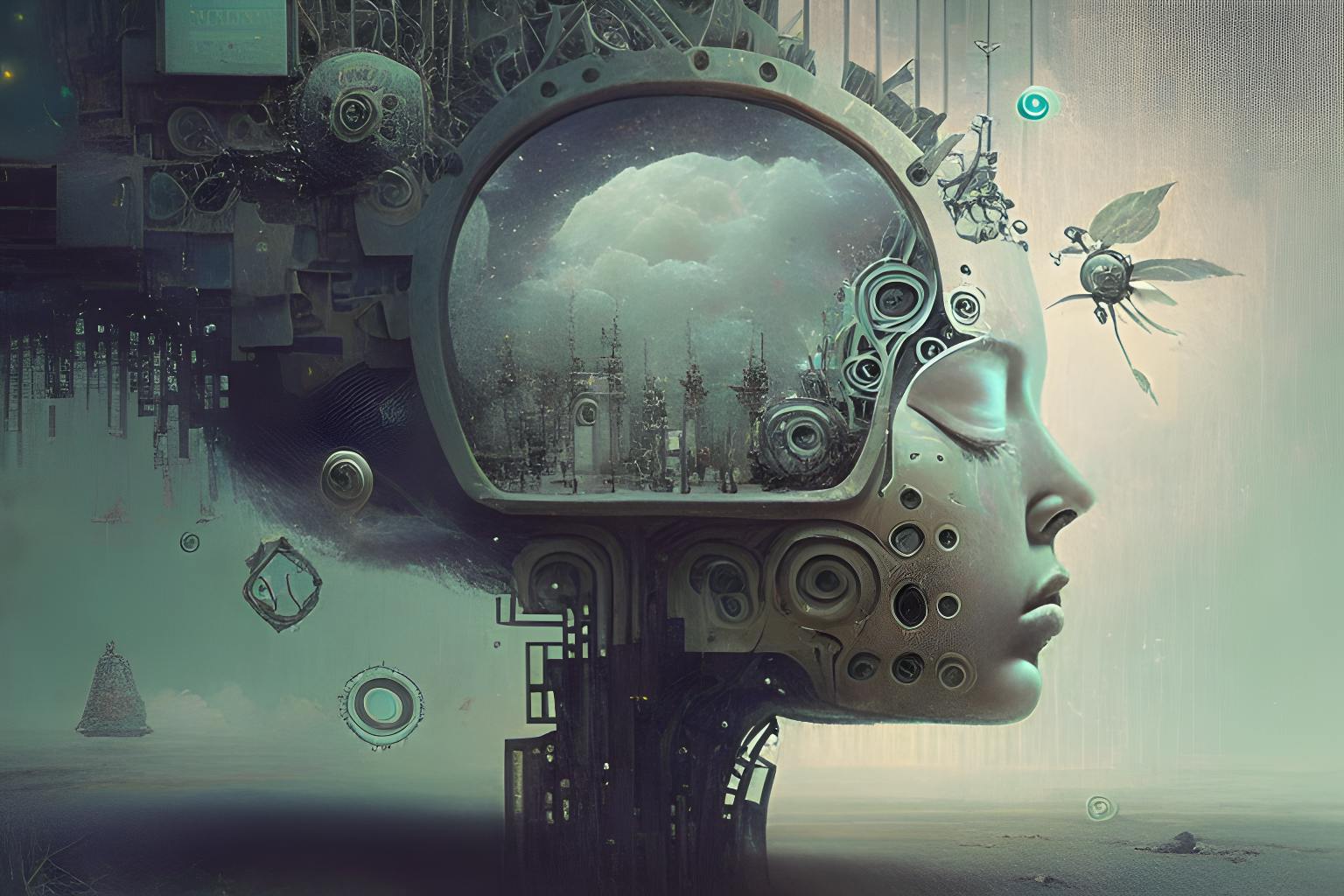298 reads
Philosophical Queries of a Nerd: Dreams, Robots, and Other Mysteries of the Mind
by
May 8th, 2023
Audio Presented by

A badass wordsmith who loves using video games as a medium to tell stories, whether scripted or freeform.
Story's Credibility

About Author
A badass wordsmith who loves using video games as a medium to tell stories, whether scripted or freeform.
